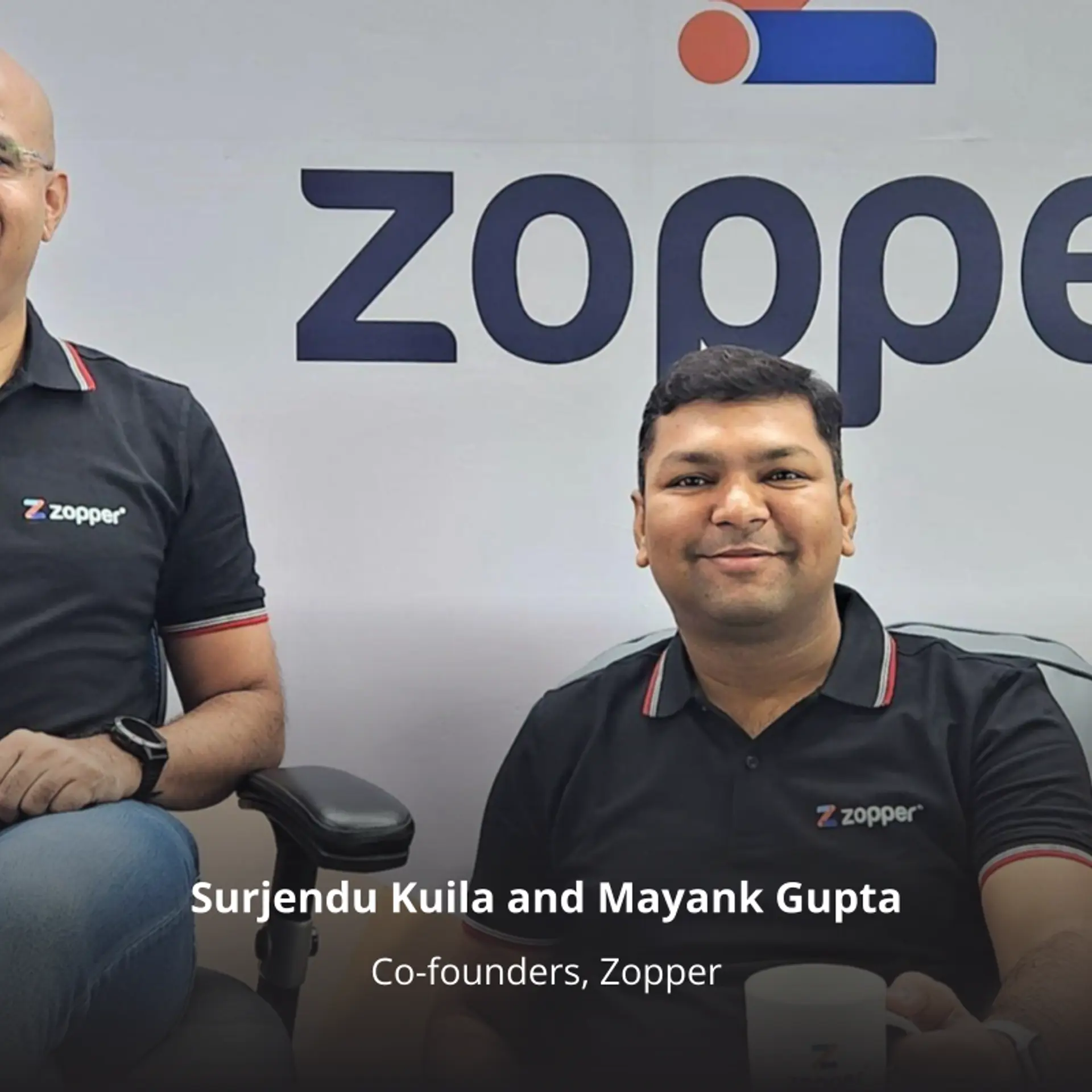The Selling of Innocents - An Interview with Ruchira Gupta
There are people who see problems and talk about them, then there are people who see problems and solve them. Ruchira Gupta belongs to the second group. Ruchira is the founder of Apne Aap Worldwide, an NGO which works in the field of Women Rights and also helps eradicate the practice of human sex trafficking. Starting as a journalist, Ruchira has worked for newspapers, including The Telegraph, The Sunday Observer, Business India Magazine and BBC. She won an Emmy for investigative journalism on a documentary on sex trafficking "The Selling of Innocents". Currently Ruchira is a Professor in New York University and designs and teaches courses on "Movement Building Around Sex Trafficking".
Ruchira was also a member of Steering committee of planning commission for eleventh and twelfth five year plans. In 2007, she was honored with the Abolitionist Award by the House of Lords, Parliament of the United Kingdom. In 2009 she received Clinton Global Citizen Award for Commitment to Leadership in Civil Society by the Clinton Foundation.
We caught up with Ruchira and here is what she had to say about the issue.

YourStory: What caught your attention and interested you in working against trafficking ?
Ruchira Gupta: I first became aware of the problem of trafficking when I was working as a journalist. I was traveling in the hills in Nepal and noticed a village where there were no women or girls. I thought, how can this be, and when I asked what had happened, I was told, "Don't you know, all of them have been sold in the brothels of Mumbai." I couldn't believe that modern day slavery was going on in my lifetime. This was the subject of my Emmy-winning documentary, The Selling of Innocents, and ultimately what motivated me to start my NGO, Apne Aap.
YS: Please take us through some of the white lies in this sector.
RG: One white lie I would definitely like to expose is that prostitution is a choice. The women who are forced into prostitution are low caste and class and from marginalized races, ethnicities, and religion. How could body invasion be a choice? Prostitution doesn't result from choice but from the absence of choice.
YS: Do you think, it would have been different for a man fighting the same struggle?
RG: That's an interesting question. I think there are many men who are powerful advocates for women and children and that their work should not be discounted. That being said, I think being a woman in India society is a unique position. From birth until the day we die, we are at risk - from sex selective abortion, female feoticide, and trafficking, to bride burning. I do think being a woman in this society gives me a unique understanding and sense of empathy.
YS: How is the situation of trafficking & prostitution different in India as compared to other countries and how strict are the laws at different places?
RG: Girls and women are being forced into prostitution at an earlier age than in the US. I feel very happy that we were able to change the law in India in April so that trafficking was incorporated as a criminal offense into the Indian Penal Code. Nevertheless, we have a long way to go in terms of developing victim-friendly laws that punish the traffickers, johns, and brothel owners, the buyers of sex, and not the women who are the victims. Of course, stricter laws also require stricter enforcement for them to be effective.
YS: How much faith do you have in our police and judicial system? Why/why not?
RG: I have seen police involvement with traffickers and a lack of gender sensitivity. My organization, Apne Aap, is currently working to provide police with gender-sensitivity training so that they can enforce the laws to the best of their ability.
YS: How important can be the role of our society in putting a full stop to trafficking?
RG: I think that in order to end trafficking, we have to change the hearts and minds of people. The demand side - the buyers and sellers of sex - need to realize that women are not for sale.
YS: What keeps you going and motivates you to do more for these people ?
RG: The women keep me going. I look at all they have achieved for themselves and that motivates me. Just this year, we have three girls in Bihar who have graduated and are the first in their communities to go to college. We also have a self empowerment group in Kolkata which has established a community kitchen business and a savings account. I look at all of the women have accomplished for themselves and think all that still needs to be done to allow women to live with dignity.
We wish a Ruchira a great journey ahead.







